One of the frequently asked questions is :How do we know what we buy is really organic?
Your produce is not just organic because a producer says so. There are detailed requirements to be fulfilled in order to qualify for this label. I’m outlining this in detail because I keep encountering skeptics who doubt that organic products are really organic and how do you know that the supermarket is not just putting a label on it in order to raise prices?
If you buy a farm that so far has been farmed conventionally, it takes a few years of “conversion” until you can call yourself organic. Cattle farmers or beef and lamb meat producers like us had to start with letting your fields grow naturally, without the use of artificial fertilizers and pesticides. For that period, your produce is labeled “in conversion” after “an in-conversion license is granted to the successful applicant.” In the meantime the animals you have on your field must be raised without medication and growth promoters.
In Ireland, IOFGA is the official organization that certifies that produce and meat etc. are really organically grown—and that means from start to finish (Irish Organic and Farmers Association).
“The conversion period is the time frame that occurs between applying to IOFGA to convert to organic farming and getting a full organic symbol. In most cases this is two years. When the conversion period is successfully completed a full organic symbol is granted allowing produce to be sold as organic and to display the IOFGA symbol.” (http://iofga.org/certification-and-members/organic-certification/)
An inspector will come to your farm, write an inspection report that then will be examined by the Certification panel.
In Ireland over the past 10 years the organic market has enjoyed high levels of consistent growth. Even in times of economic pressure peoples’ priorities are sourcing food which has been produced with an emphasis on environmental, ethical and health concerns.
Perusing IOFGA’s website, I see you can search growers by product or county. It shows who is in conversion and who is certified. For homework: Note to blogger for homework: check what the American procedure is and compare!
IOFGA now runs classes on how to grow stuff organically (for school projects, hobby growers, allotment holders etc.)
We met lots of likeminded people through attending their meetings because in our neighborhood, nobody else was an organic farmer—yet. We met Jo who was the biggest producer of wheat and procured grain that I ground into flour for baking my breads and cakes; we also made friends with vegetable growers who had been farming organically for some time and had more experience than us. A lot of them were Germans like us or Dutch.
We organics weren’t that many altogether –yet in the early 90s.When my stint on the farm ended, Mac was the second biggest beef producer in the country—and only had 20 animals for slaughter that year.
Subscribe to:
Post Comments (Atom)




























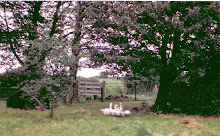





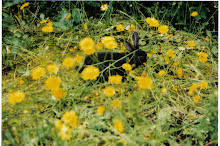








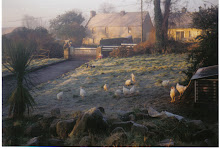
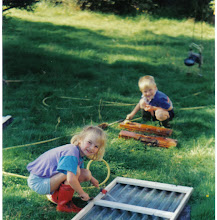











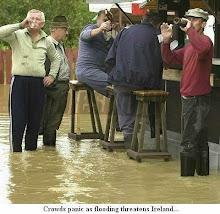


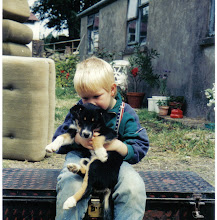
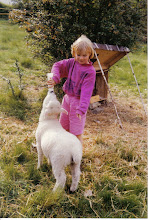
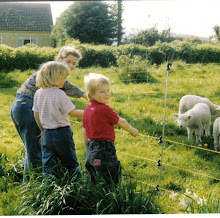
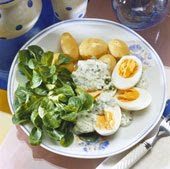
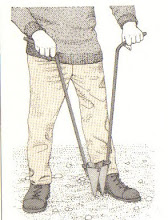
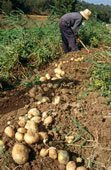

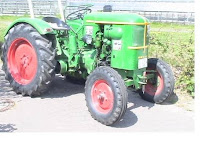




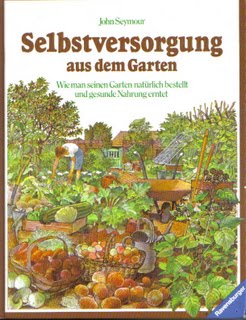

No comments:
Post a Comment